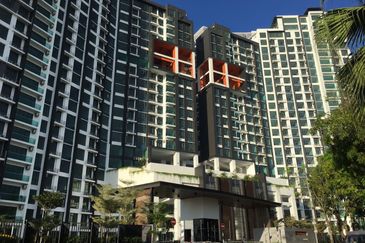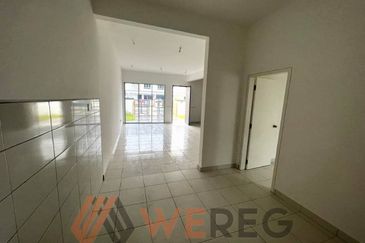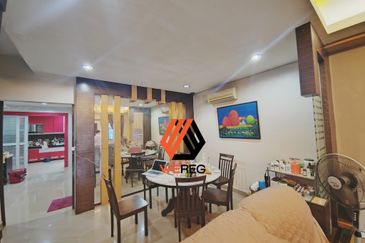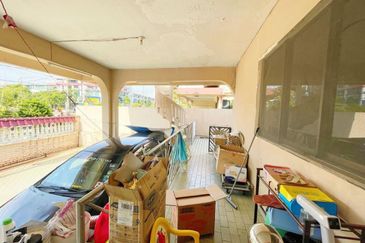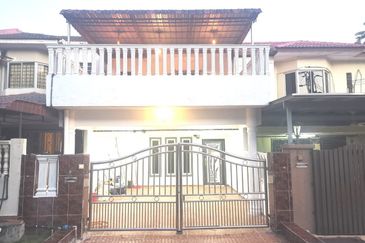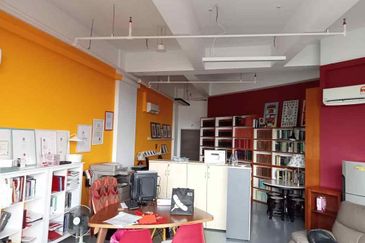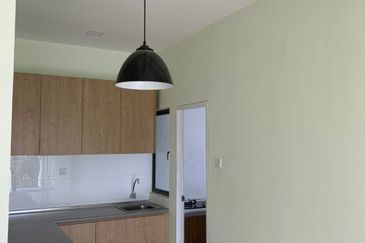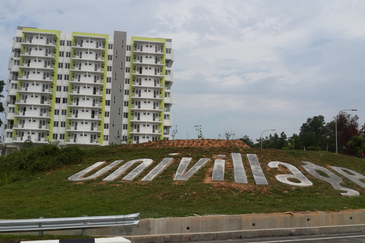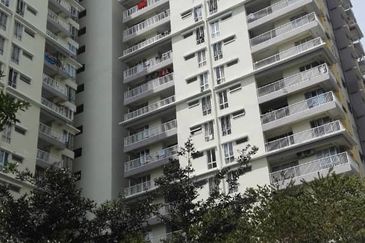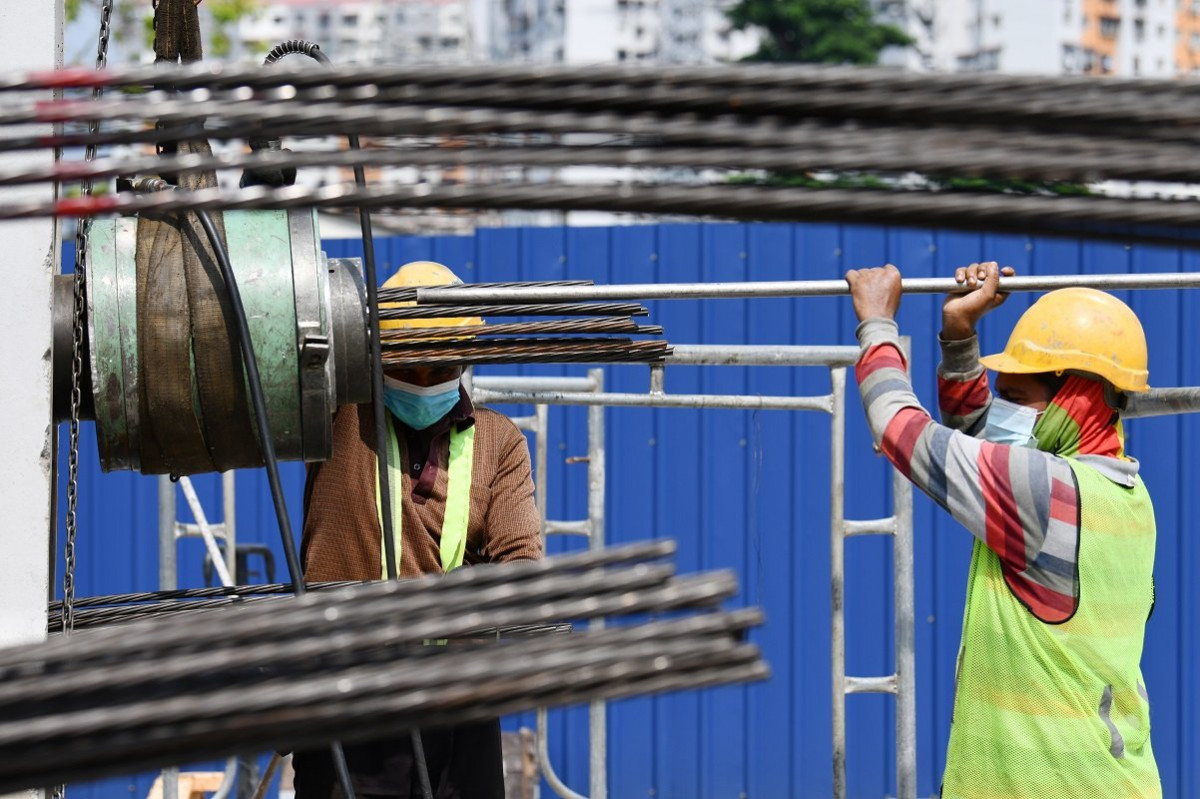
KUALA LUMPUR (Feb 5): The overall potential negative earnings impact of rising steel prices may further weigh on the earnings recovery of contractors as contract awards slow, according to CGS-CIMB Research.
In a note today, the research firm viewed that a rising material cost environment may be seen as a justification for expediting government-initiated high-multiplier projects in order to manage project cost, but a slowdown in project roll-outs due to Covid-19, potential prolonging of lockdown measures and a political overhang are likely to delay implementation targets.
Cost risks aside, CGS-CIMB reiterated its "neutral" call on the construction sector.
The research firm also reiterated its "add" stance on its preferred stocks. These included YTL Corp Bhd (the Kuala Lumpur-Johor Baru High Speed Rail [HSR]), IJM Corp Bhd (Mass Rapid Transit 3 [MRT 3] and the East Coast Rail Link) and Malaysian Resources Corp Bhd (MRCB) (MRT 3 and a transit-oriented development for the HSR station) as it expects larger-cap rail beneficiaries with depressed calendar year 2021 forecast (CY21F) price-to-book value (P/BV) multiples of 0.3 times to 0.6 times to remain trading-oriented and could be rerated on a recovery of mega rail project news flows.
At the time of writing today, shares in YTL Corp had fallen half a sen or 0.75% to 66 sen, valuing the group at RM7.29 billion. IJM Corp's share price was two sen or 1.32% higher at RM1.54, with a market value of RM5.61 billion.
MRCB had risen half a sen or 1.23% to 41 sen, translating into a market capitalisation of RM1.81 billion.
According to the Johor Master Builders Association as quoted in a report recently by local media, the 48% increase in steel prices had put additional pressure on many contractors still reeling from revenue losses due to the Covid-19 pandemic and restrictions under the movement control order (MCO), CGS-CIMB cited.
CGS-CIMB analyst Sharizan Rosely said the steep 48% rise in steel prices would be negative for ongoing contracts with less than 50% completion as the contract margin for the balance of works may be eroded due to higher steel cost.
“Secondly, expected project margins for new submissions of contract tenders would be lower as project costing did not take into account the price hike. The negative impact is likely to be more severe for smaller contractors that participated in competitive tenders in the past three to six months, particularly so for those with highly depleted order books.
“Thirdly, contractors with larger exposure to private-sector projects and higher-value government jobs would be the most impacted as contract prices are mostly fixed. This compares with other selected government contracts that are usually embedded with estimated 10%-20% cost escalation clauses.
“However, larger-value government contracts, like the completed MRT 1 project for example, are based on a fixed price. The impact of higher steel cost on the MRT 2 project is expected to be manageable as the overall project is more than 70% completed,” said the analyst.
Sharizan said contractors with property development divisions should be able to mitigate this risk as the higher construction cost may be fully or partially passed on over time via property selling prices.
“We therefore expect larger/diversified contractors to be more insulated from steep fluctuations in building material cost; diversified contractors under our coverage include IJM Corp, Sunway Bhd, WCT [Holdings Bhd], MRCB and YTL Corp,” he added.
Shares in Sunway Bhd had risen one sen or 0.67% to RM1.50, bringing its market capitalisation to RM7.4 billion, while WCT was unchanged at 45 sen, valuing the group at RM638.17 million.
Get the latest news @ www.EdgeProp.my
Subscribe to our Telegram channel for the latest stories and updates
TOP PICKS BY EDGEPROP

Bandar Puncak Alam
Bandar Puncak Alam, Selangor

Setia Utama 2 ( Setia Alam )
Shah Alam, Selangor
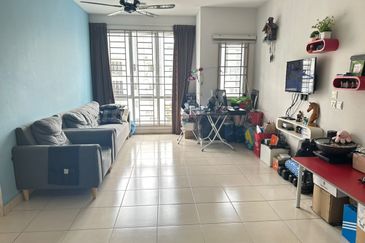
Seri Baiduri
Setia Alam/Alam Nusantara, Selangor

Bandar Botanic
Bandar Botanic/Bandar Bukit Tinggi, Selangor
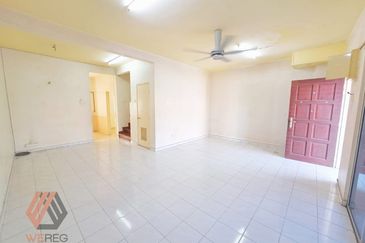
Bandar Botanic
Bandar Botanic/Bandar Bukit Tinggi, Selangor
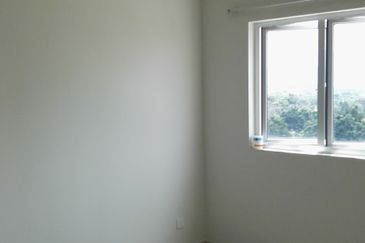
Maxim Citylights @ Sentul KL
Sentul, Kuala Lumpur

